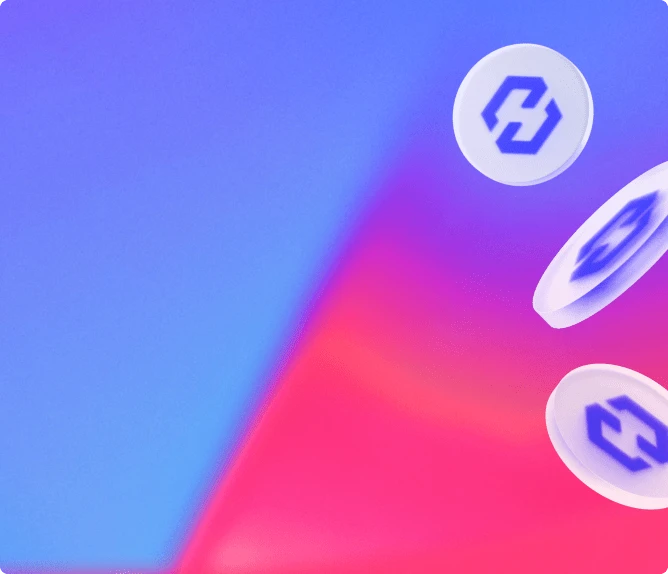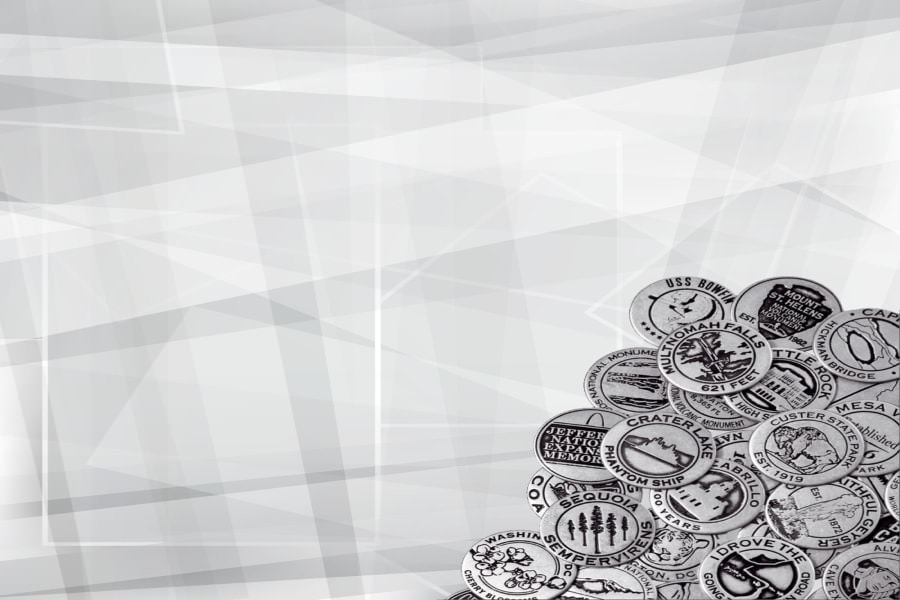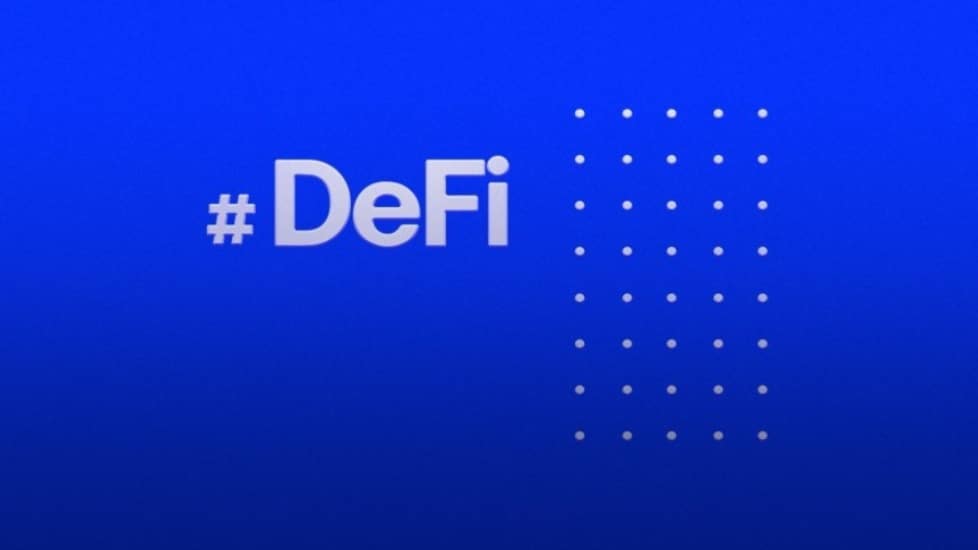Our contents




Investing in crypto-assets carries risks of liquidity, volatility, and partial or total capital loss. Crypto-assets held are not covered by deposit and securities guarantee mechanisms.


Sign up for our newsletter
Partners
Coinhouse
Our accounts
Coinhouse
Coinhouse SAS with a capital of €210,000, RCS Paris 815 254 545, headquarters: 14 Avenue de l'Opéra 75001 Paris – support@coinhouse.com. Registered with the AMF for activities related to the purchase/sale of digital assets against legal tender, the exchange of digital assets for other digital assets, and the custody of digital assets for third parties under the registration number: E2020-001.
Coinhouse payment solutions
Company registered with the Paris RCS under the number 914 384 557, registered with the Prudential Control and Resolution Authority as a payment service agent under the number 727503 of the electronic money institution Treezor, headquartered at 33 Avenue de Wagram, 75017 Paris.
General conditions, disclaimers and legal documents.


Mining: how, why, how much?
Read the article

Proof-of-Stake is a method to achieve a distributed consensus. It makes it possible to secure a blockchain by providing the right economic incentives to push for honest transaction validation. It is an alternative to the Proof-of-Work used on Bitcoin. What are the specific features of the Proof-of-Stake? The Proof-of-Stake (PoS) replaces a mechanism based on […]
Read the article

Find out what a crypto token or digital token is, and learn the difference between token and cryptocurrency.
Read the article

What is decentralized finance (DeFi)? There’s no escaping it: the phenomenon of Decentralized Finance, or DeFi, is sweeping the world. For some, it’s the future of finance, nothing more, nothing less. For others, it’s a freewheeling financial system that offers as many guarantees as a ship set adrift. In fact, what is sometimes referred to […]
Read the article

Can a digital asset be unique, indivisible and valuable? Cryptokitties, Etheremon or Decentraland are cryptoassets projects based on the concept of non-fungible tokens. Coinhouse has a look at this new concept to understand its uses, the utility of these tokens and their possible future applications. Fungibility: why, how? Fungibility is defined as an asset that […]
Read the article

What is blockchain? Since 2017, blockchain has often been put forward as the miracle solution to all the world’s ills. At that timeThe hype was at its height, and blockchain projects were springing up by the thousands, driven by the ICO phenomenon. However, many people talk about blockchain without really understanding what it’s all […]
Read the article

The Proof-Of-Authority (PoA) is a consensus method that gives a small and designated number of blockchain actors the power to validate transactions or interactions with the network and to update its more or less distributed registry. It works as follow: according to the chosen scheme, one or more validating machines are responsible for generating each […]
Read the article